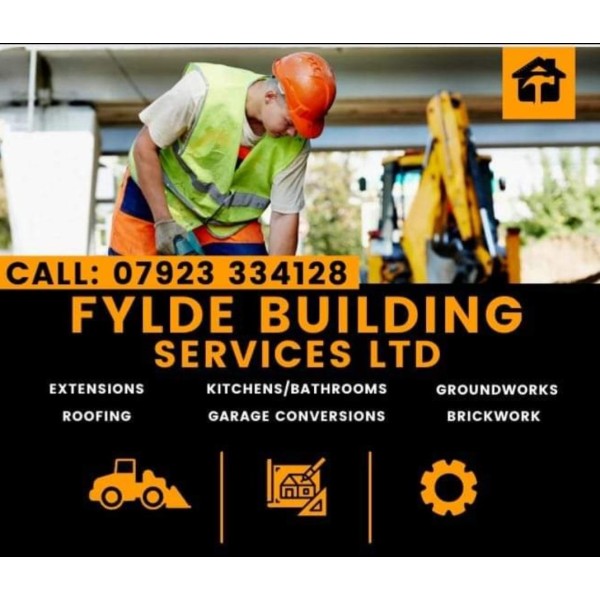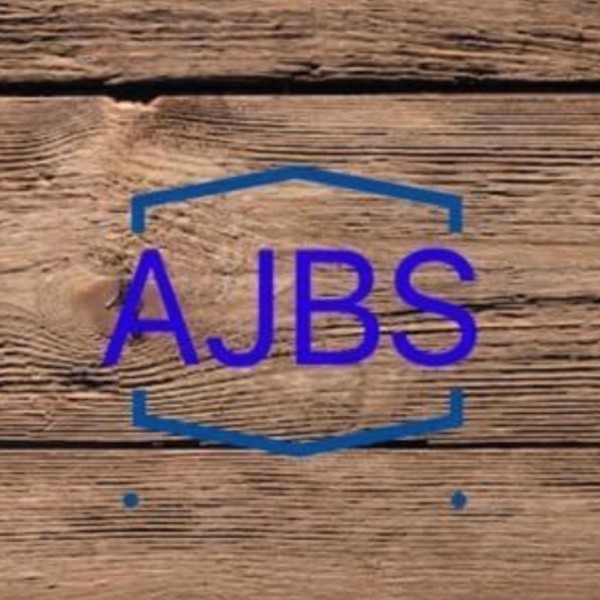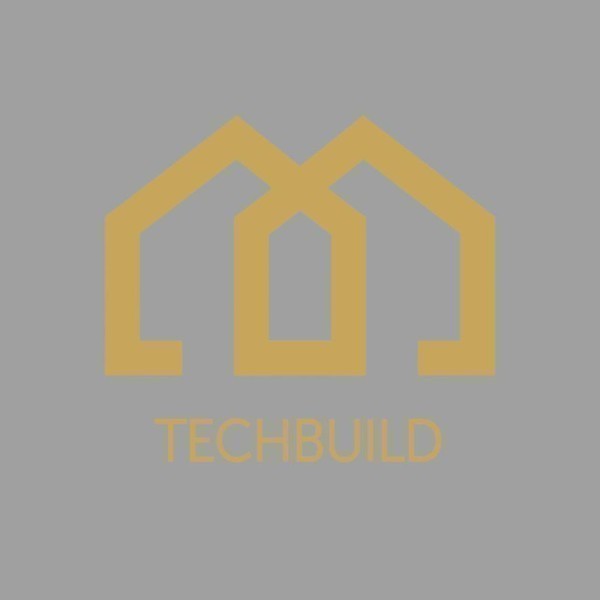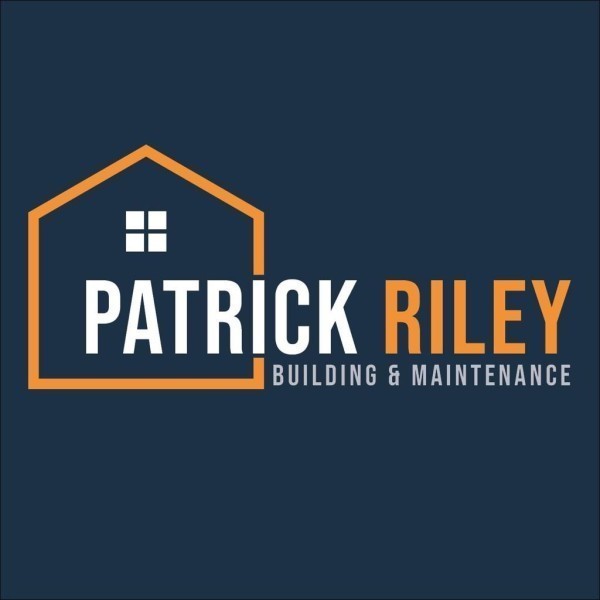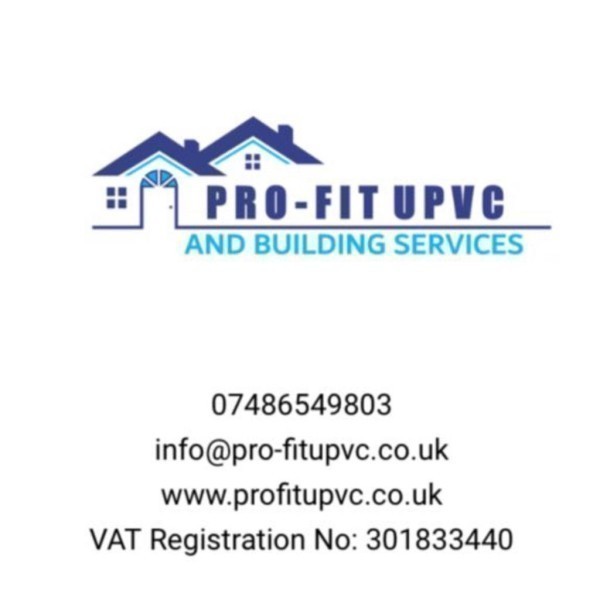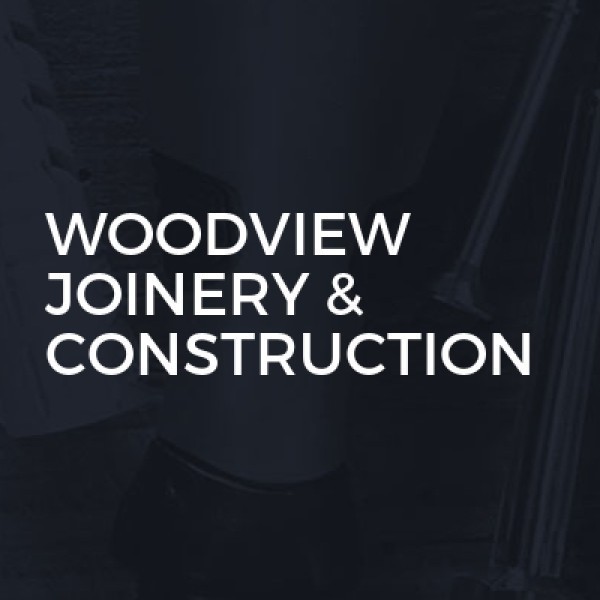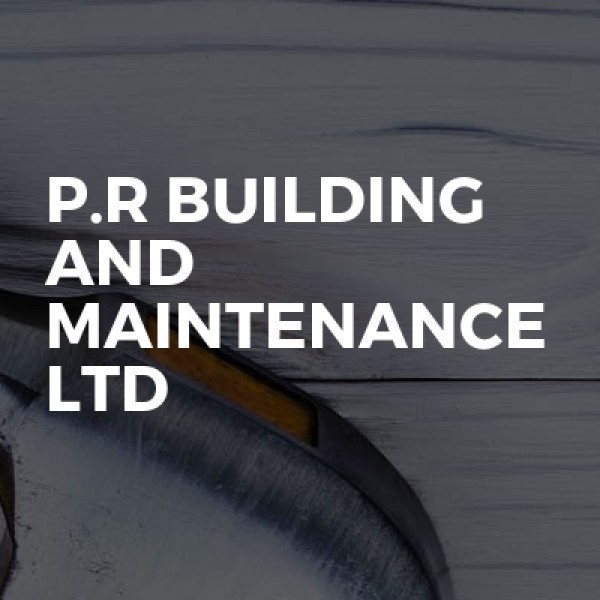Loft Conversions in Leyland
Filter your search
Post your job FREE and let trades come to you
Save time by filling out our simple job post form today and your job will be sent to trades in your area so you can sit back, relax and wait for available trades to contact you.
Post your job FREESearch Loft Conversions in places nearby
- Loft Conversions in Accrington
- Loft Conversions in Adlington
- Loft Conversions in Bacup
- Loft Conversions in Bamber Bridge
- Loft Conversions in Barnoldswick
- Loft Conversions in Barrowford
- Loft Conversions in Blackburn
- Loft Conversions in Blackpool
- Loft Conversions in Brierfield
- Loft Conversions in Burnley
- Loft Conversions in Carnforth
- Loft Conversions in Chorley
- Loft Conversions in Church
- Loft Conversions in Clayton-Le-Moors
- Loft Conversions in Cleveleys
- Loft Conversions in Clitheroe
- Loft Conversions in Colne
- Loft Conversions in Darwen
- Loft Conversions in Earby
- Loft Conversions in Fleetwood
- Loft Conversions in Freckleton
- Loft Conversions in Fulwood
- Loft Conversions in Great Harwood
- Loft Conversions in Haslingden
- Loft Conversions in Heysham
- Loft Conversions in Kirkham
- Loft Conversions in Lancaster
- Loft Conversions in Longridge
- Loft Conversions in Lytham St Anne's
- Loft Conversions in Morecambe
- Loft Conversions in Nelson
- Loft Conversions in Ormskirk
- Loft Conversions in Oswaldtwistle
- Loft Conversions in Padiham
- Loft Conversions in Poulton-Le-Fylde
- Loft Conversions in Preston
- Loft Conversions in Rawtenstall
- Loft Conversions in Rishton
- Loft Conversions in Skelmersdale
- Loft Conversions in Thornton
- Loft Conversions in Trawden
- Loft Conversions in Whitworth
Understanding Loft Conversions in Leyland
Loft conversions in Leyland have become increasingly popular as homeowners seek to maximise their living space without the hassle of moving. By transforming an underutilised attic into a functional room, you can significantly enhance your home's value and utility. This article delves into the various aspects of loft conversions, offering insights into planning, design, costs, and more.
The Appeal of Loft Conversions
Loft conversions are a brilliant way to add extra space to your home. Whether you need an additional bedroom, a home office, or a playroom, converting your loft can provide the perfect solution. In Leyland, where property prices are on the rise, a loft conversion can be a cost-effective alternative to moving house.
Benefits of Loft Conversions
- Increased Property Value: A well-executed loft conversion can increase your home's market value by up to 20%.
- Additional Living Space: Gain an extra room without losing garden space or the need for an extension.
- Energy Efficiency: Modern loft conversions often include improved insulation, reducing energy bills.
- Customisation: Tailor the space to suit your specific needs and style preferences.
Types of Loft Conversions
There are several types of loft conversions, each with its own advantages and considerations. The choice depends on your budget, the structure of your home, and your personal preferences.
Dormer Loft Conversion
A dormer loft conversion is one of the most common types. It involves extending the existing roof to create additional headroom and floor space. Dormers are versatile and can be added to most types of homes, making them a popular choice in Leyland.
Mansard Loft Conversion
Mansard conversions are typically more extensive and involve altering the structure of the roof. They provide a large amount of additional space and are often used for creating multiple rooms. This type of conversion is ideal for those looking to maximise their loft's potential.
Hip to Gable Loft Conversion
This conversion is suitable for homes with a hipped roof. By extending the sloping side of the roof to create a vertical wall, you can significantly increase the usable space in your loft. It's a great option for semi-detached or detached homes.
Velux Loft Conversion
Also known as a roof light conversion, this type involves installing Velux windows into the existing roofline. It's the least invasive option and doesn't require significant structural changes, making it a cost-effective choice.
Planning and Regulations
Before embarking on a loft conversion in Leyland, it's crucial to understand the planning and regulatory requirements. While some conversions fall under permitted development rights, others may require planning permission.
Permitted Development Rights
Many loft conversions can be completed under permitted development rights, which means you won't need formal planning permission. However, there are specific criteria your project must meet, such as not exceeding a certain volume or altering the roof's shape significantly.
Planning Permission
If your conversion doesn't meet the criteria for permitted development, you'll need to apply for planning permission. This process involves submitting detailed plans to your local council and can take several weeks for approval.
Building Regulations
Regardless of whether you need planning permission, your loft conversion must comply with building regulations. These regulations ensure the safety and structural integrity of your conversion, covering aspects such as fire safety, insulation, and access.
Design Considerations
Designing your loft conversion is an exciting part of the process. It's your chance to create a space that reflects your style and meets your needs. Here are some key design considerations to keep in mind:
Maximising Space
Consider how you can make the most of the available space. Built-in storage solutions, such as wardrobes and shelving, can help keep the area clutter-free. Opt for furniture that fits the scale of the room to avoid overcrowding.
Lighting and Ventilation
Natural light is essential in a loft conversion. Velux windows or dormer windows can flood the space with light, creating a bright and welcoming environment. Adequate ventilation is also crucial to prevent condensation and maintain air quality.
Insulation and Soundproofing
Proper insulation is vital for maintaining a comfortable temperature in your loft conversion. It can also help reduce noise from outside and between floors. Consider soundproofing measures if you plan to use the space as a bedroom or office.
Cost of Loft Conversions
The cost of a loft conversion in Leyland can vary significantly depending on the type of conversion, the size of the space, and the materials used. Here's a rough guide to help you budget for your project:
Basic Velux Conversion
A basic Velux conversion is the most affordable option, typically costing between £15,000 and £20,000. This price includes the installation of windows and basic interior finishes.
Dormer Conversion
A dormer conversion is more complex and can cost between £30,000 and £50,000. This price reflects the additional structural work required and the increased floor space.
Mansard Conversion
Mansard conversions are the most expensive, with costs ranging from £45,000 to £70,000. However, they offer the most significant increase in space and can add substantial value to your home.
Additional Costs
Don't forget to factor in additional costs such as planning fees, building regulation approval, and interior furnishings. It's also wise to set aside a contingency fund for unexpected expenses.
Choosing the Right Contractor
Selecting the right contractor is crucial to the success of your loft conversion. A reputable contractor will guide you through the process, ensuring your project is completed on time and within budget.
Research and Recommendations
Start by researching local contractors and asking for recommendations from friends or family. Look for contractors with experience in loft conversions and check their references and reviews.
Obtaining Quotes
Get quotes from several contractors to compare prices and services. Ensure each quote includes a detailed breakdown of costs and timelines. Be wary of quotes that seem too good to be true, as they may indicate subpar workmanship.
Contract and Communication
Once you've chosen a contractor, ensure you have a written contract outlining the scope of work, payment schedule, and project timeline. Maintain open communication throughout the project to address any concerns promptly.
Frequently Asked Questions
1. Do I need planning permission for a loft conversion in Leyland?
Not all loft conversions require planning permission. Many fall under permitted development rights, but it's essential to check with your local council to confirm.
2. How long does a loft conversion take?
The duration of a loft conversion depends on its complexity. A basic conversion may take 4-6 weeks, while more extensive projects can take 8-12 weeks or longer.
3. Can I live in my home during the conversion?
In most cases, you can remain in your home during the conversion. However, there may be some disruption, so it's worth discussing this with your contractor.
4. Will a loft conversion add value to my home?
Yes, a loft conversion can significantly increase your home's value, often by up to 20%.
5. What is the best type of loft conversion?
The best type of loft conversion depends on your home's structure, budget, and personal preferences. Dormer and Velux conversions are popular choices for many homeowners.
6. How can I ensure my loft conversion is energy efficient?
Ensure your conversion includes proper insulation and energy-efficient windows. Consider using sustainable materials and incorporating renewable energy sources where possible.
Loft conversions in Leyland offer a fantastic opportunity to enhance your home's functionality and value. By understanding the different types of conversions, planning requirements, and design considerations, you can create a space that meets your needs and adds lasting value to your property. With careful planning and the right contractor, your dream loft conversion is within reach.




